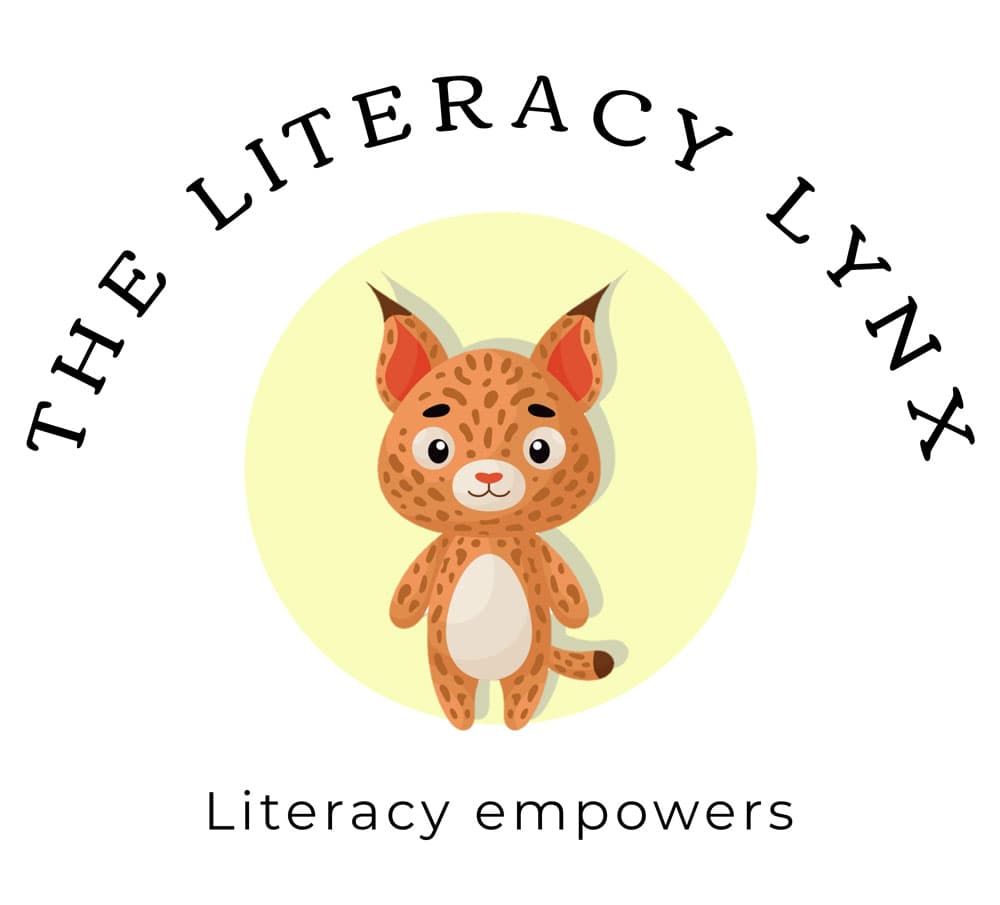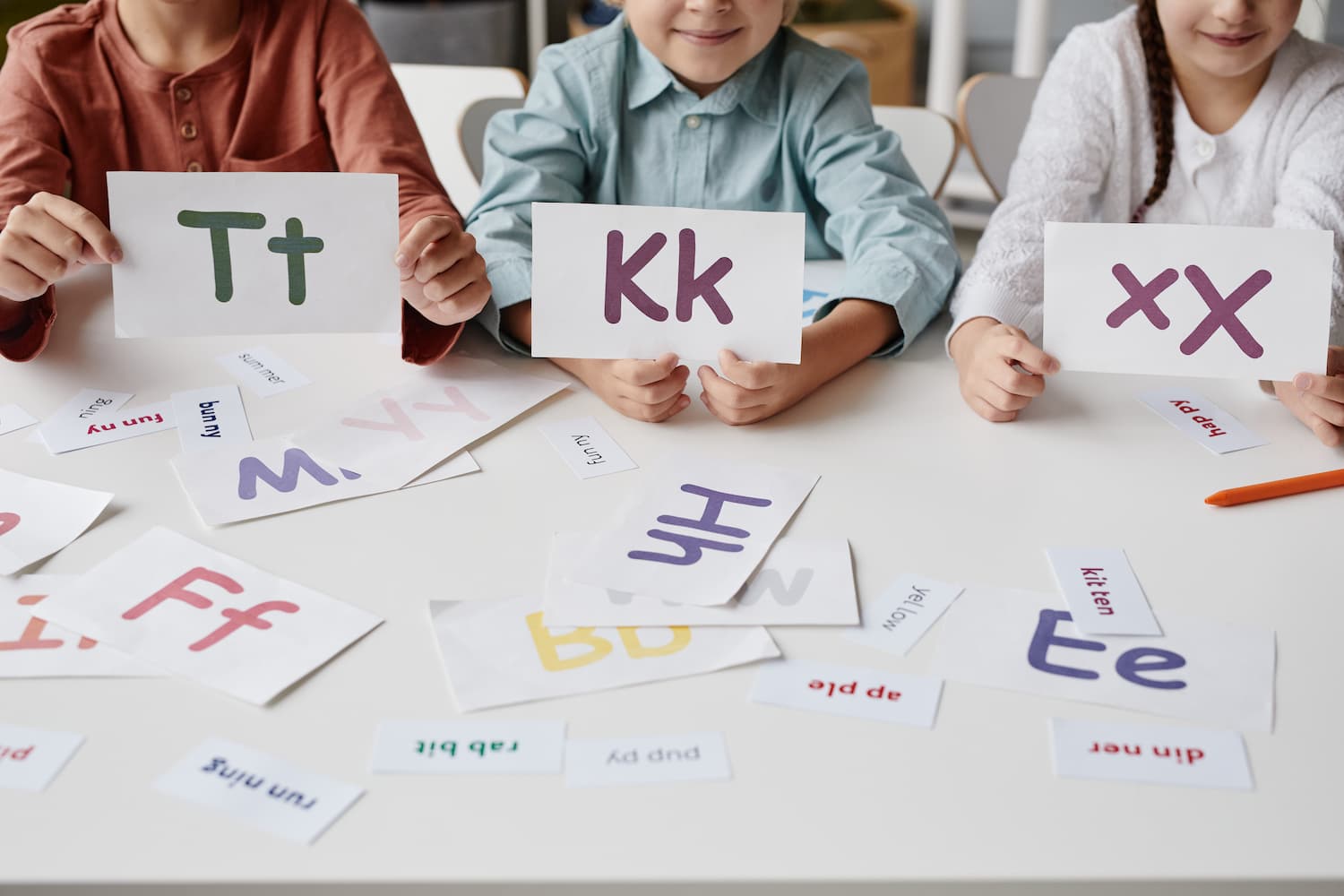Letter names or sounds?
Do beginning readers need to know letter names before they learn sounds? Let’s consider some of the reading research.
The report from the National Reading Panel (NRP) was released in 2000. https://www.nichd.nih.gov/sites/default/files/publications/pubs/nrp/Documents/report.pdf
The NRP was charged with the task of reviewing around 100,000 studies to identify key skills and methods that consistently related to reading success (Put Reading First, National Institute for Literacy, 2006). https://lincs.ed.gov/publications/pdf/PRFbooklet.pdf
The NRP report identified five key skills and methods:
- Phonemic Awareness instruction, which includes explicitly and systematically teaching children to manipulate phonemes with letters
- Phonic instruction through a systematic synthetic phonics approach
- Fluency
- Comprehension
- Vocabulary
Keeping this in mind, Sounds Write, an international evidenced based linguistic phonic teaching program written and conceived in 2002/3, https://www.sounds-write.co.uk/sites/soundswrite/uploads/files/42-sounds_write_research_report_2009.pdf
outlines the conceptual knowledge and skills that children require in order to become proficient readers and spellers.
It identifies these skills as the ability to blend sounds to make words, the ability to segment individual sounds in speech, and phoneme manipulation.
Given the fact that speech is uttered one sound at a time, and that written English is a means of recording those sounds via visual symbols that we call spellings/letters, the following skills are essential:
- The skill of blending individual sounds to enable the construction of meaningful words, such as /c/…/a/…/t/…’cat’
- The skill of segmenting individual sounds in speech in order to spell accurately when writing. The pupil needs to be able to split the word ‘dog’ into its three component sounds /d/…/o/…/g/ to access the alphabet code and then represent each sound graphemically.
- The skill of manipulating the individual sounds within words to enable one sound to be replaced by another. When reading unfamiliar words the pupil needs to decode via a series of informed attempts about the most likely sound encoded by each of the letters or spellings and must be prepared to try alternatives.
(Case, S; Philpot, D and Walker, J: Sounds Write Manual, August, 2013 edition, pp 16-17).
If we agree with this research and evidence, then in my opinion it is logical that knowing the sounds represented by letters is more helpful than knowing the letter names when developing these essential basic reading skills. However, it goes without saying that children do need, at some point, to learn letter names – this is the letter Aa and it can represent an <a> sound (as in ‘apple’) – but letter name knowledge is not as important as sound knowledge when learning the essential reading skills of blending, segmenting and phoneme manipulation. You can read an interesting article regarding sounds and letter names by John Walker, Director of Sounds Write here: https://theliteracyblog.com/2021/01/08/sounds-or-letter-names-an-update/
So, how do we teach children the sounds of the English language and the necessary skills of blending, segmenting and phoneme manipulation effectively? The research quoted suggests that we need to adopt a systematic and explicit method known as synthetic phonics.
My thoughts related to adopting a synthetic phonics approach to the teaching of reading will be discussed in my next post.







